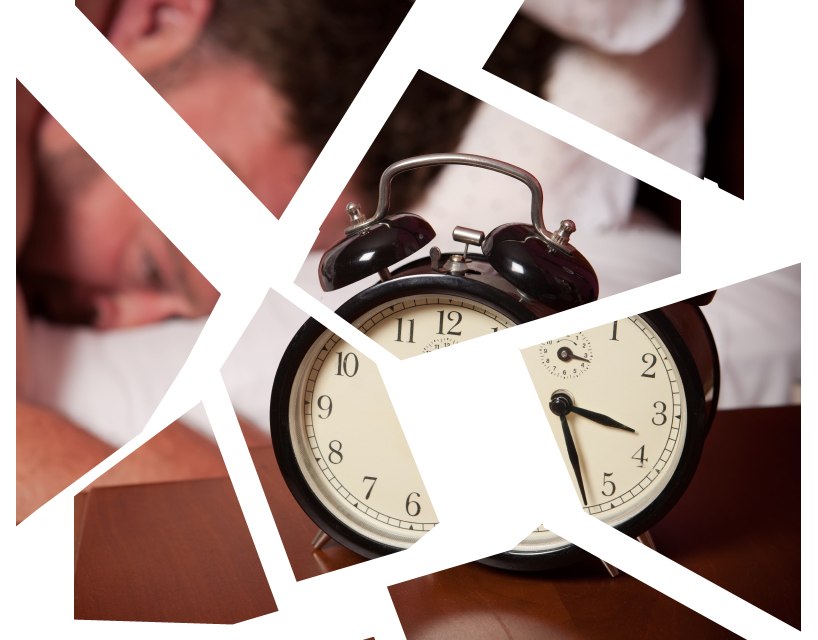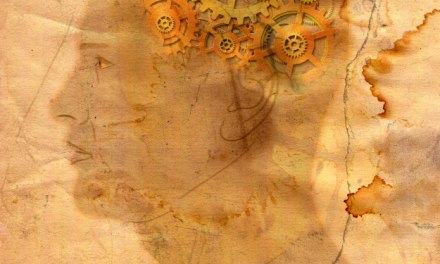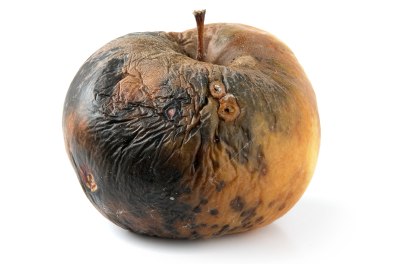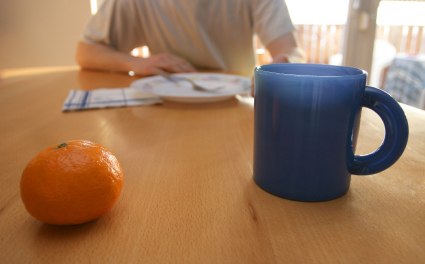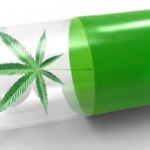It’s not always as easy as it sounds. Sleep problems are common among persons coming off alcohol and drugs. The first three being the most prevalent:
- Difficulty falling asleep or staying asleep(insomnia)
- Frequent waking during the night
- Excessive daytime sleepiness
- Vivid dreams and nightmares
For most of us, sleep problems are related to the recovery process itself, and the complex changes that occur as the brain heals following considerable abuse. If sleep problems persist, of course, or become a source of discomfort or impaired function, it’s time to seek further evaluation from an expert in sleep disorders. Good treatments are available.
Disrupted sleep can result from the aftereffects of abusing stimulants like cocaine or amphetamines, or extended withdrawal from depressants such as alcohol or the opioids, or any combination of the above.
Sleep loss is often thought to be cumulative, based on a lack of restful deep sleep over an extended period of drinking or drug use The practice of putting oneself to sleep with sedatives is a contributor, and ‘sleep debt’ can have adverse effects on your waking life as well.
Excessive daytime sleepiness refers to episodes of sudden fatigue and a general lack of energy during the day, even after what seemed to be a night’s sleep. It’s easy to see how someone who falls asleep initially after heavy drinking could find themselves with ‘fractured’ sleep episodes and multiple wake-ups during the night. If you’re carrying significant extra weight or suffer from apnea, that could suggest a more serious disorder at work.
Why meds aren’t that great for sleep problems
It might seem odd in view of the number of sleep aids on the market, both prescription and OTC, but science really doesn’t have an effective long-term remedy for disrupted sleep. Most we can expect is a few days to a couple weeks of benefit. After that the med probably isn’t effective.
And pills can be hazardous because people with chronic sleep problems may mix and match in hopes of getting a better result. Which sometimes leads to overdose.
According to autopsy, the actor Heath Ledger — the Joker in that Batman movie — died in 2008 with six meds in his system — two opioid painkillers, three benzodiazepine sedatives, and an over-the-counter sleep aid. Verdict: accidental OD.
Some simple things you can do to help sleep
- Eliminate or greatly reduce caffeine intake — that includes coffee, of course, but also caffeinated soda, tea, and chocolate. Coffee’s the big culprit, with 4-6 times the caffeine found in a cup of tea, but soda is a respectable second. Try avoiding any of the above caffeine sources for 4-6 hours before bedtime.
- Get aerobic exercise. Mild aerobic exercise — brisk walking, running, cycling, calisthenics can do wonders for your ability to fall asleep. Not in the last few hours before you go to bed, however — that can stimulate the brain and keep you awake.
- Relaxation and imagery. Generally, these begin with a short course of progressive relaxation of muscle groups throughout the body — starting with the feet and moving upwards to the head. To try it, simply clench your toes, release them, repeat twice more. Do the same with your arches. Then move up your legs, torso, neck, jaw, etc, including your arms and hands, clenching and releasing. Takes a little practice, but it helps. Once you’ve completed those steps, try picturing yourself in a place where you feel calm, relaxed and unhurried — a quiet beach, for instance, on a beautiful day, with a minimum of distraction, a comfortably warm sun and the sort of mild breeze that blows away your cares. No need to try to go to sleep — just don’t stop it from happening on its own. (By the way, this also helps you go back to sleep after a particularly vivid or unpleasant dream.)
- Eat foods that can help sleep — such as tryptophan-rich nuts, seeds, honey, bananas. Or warm milk, a small bowl of cereal, cheese and bread, yogurt.. not too much, mind you, you don’t want to upset your stomach and wake up later because of it. In fact, avoid real heavy meals in the evening, along with heavy fluid intake. Some people swear by L-tryptophan formulation in pill form as an aid to sleep.
- Don’t have a cigarette right before bed. It might cut your craving, but don’t forget nicotine’s a stimulant.

